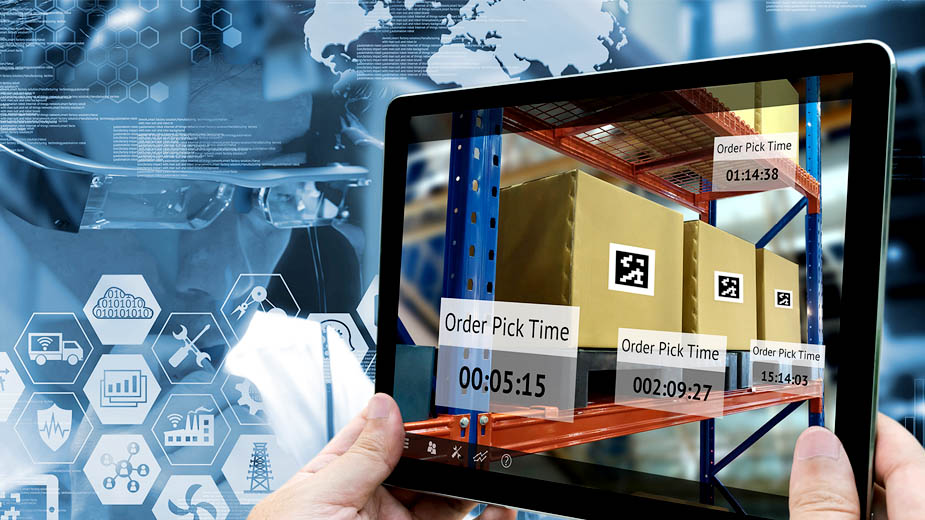Leveraging digitization to boost efficiencies of Indian warehousing
– by Anoop Chauhan, Chief Operating Officer – Supply Chain, Avvashya CCI Logistics
The current outbreak of the COVID-19 pandemic on a global scale has changed the functional dynamics of the logistics sector and warehousing is no exception. Logistics players will need to formulate a risk management and mitigation plan to implement damage control mechanisms and deal with the adversities of COVID-19 in an uncertain and volatile business environment. There is and shall be a far higher urge towards increasing the productivity index to 2X with required Digitization, considering the limitations and social distancing requirements.
Technological advancements have radically altered the functional modalities of modern-day business sectors. The logistics industry is also evolving fast to harness the power of technology to herald process and service-driven innovations across the warehousing value chain.
The deployment of automation across the warehousing value chain has received widespread recognition and acceptance from global logistics players over the last few years. The Indian logistics sector is also fast realizing the fact that digitization will play a pivotal role in disrupting warehouse management and supply chain logistics. A system of interconnected technologies can create a smart warehousing model which is more scalable in terms of handling high numbers of inventory volumes and increasingly flexible in responding to changing customer needs. An integrated Warehouse Management System (WMS) in technically advanced warehouses of the future will have the potential to exercise greater control over operations and effectively monitor diverse processes across the value chain.
Highly integrated Transport Management Systems and Warehouse Management Systems will also be made feasible by the Internet of Things (IoT). It will collectively harness the power of mobile computing, analytics, and cloud services to facilitate seamless order fulfillment of goods from warehouses. IoT also holds the promise of vastly changing conventional warehousing through the smart harmonization of processes, data, and personnel. GPS and Radio Frequency Identification (RFID) technologies remain the base points of IoT and provide for real-time tracking of goods across the distribution chain. Key services like shipping and delivery can be automated by estimating the exact time a cargo shipment is scheduled to arrive, through information collected from GPS and RFID. Data generated can also go a long way in augmenting the quality and shelf-life of in-transit cargoes by scanning attributes like temperature control.
The efficacies of Indian logistics players have traditionally been undermined by a fragmented and manual operational business model. This results in an increase in overheads, fragmentation in inventory planning, and lack of resource optimization. The deployment of Software as a Service (SaaS) solutions provide a streamlined and integrated approach for Warehouse Resource Management (WRM) which helps to lower fuel costs and improve asset utilization ratios. The solutions can be easily scaled to suit changing business strategies without affecting the existing business structure. Implementation of SaaS also leads to a reduction in warehousing costs, faster delivery times, and improved inventory management.
Logistics players in the country should consider investing in a cloud-based Warehouse Management System to tide over the inefficiencies of outdated Warehouse Management Systems that operate within traditional supply chain networks. The cloud-based WMS is easy to operate and intelligent software solutions that can run on any network connected to the internet obliterate the need for separate hardware setup. With the deployment of cloud-based WMS, a variety of advanced security protocols ensure that there is no data breach and there is a limit on the number of people who are authorized to access the data. Cloud-based systems also come with the distinct advantage of faster processing power which can lead to reduced downtime and greater customer recall and satisfaction. Easy integration with key technologies like Warehouse Execution Systems (WES) and Warehouse Control Systems (WCS) allows for greater flexibility within the supply chain.
It is also estimated that going forward, in next few months, a large number of companies with higher volume/ sustainable throughput requirements in the supply chain domain will further move towards integrating Artificial Intelligence (AI) and robotics into core warehousing processes.
Related Posts
















